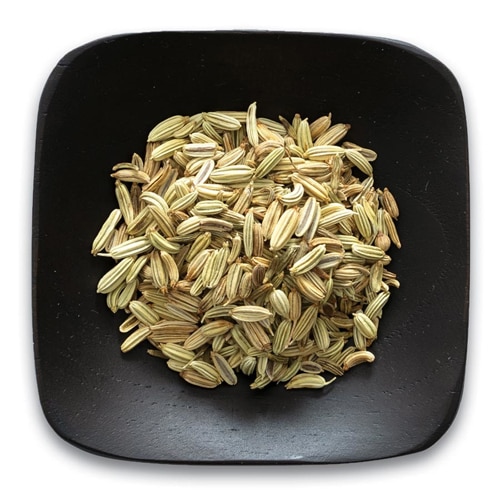Is going number two becoming your number one issue? First and foremost, you’re not alone. But since few people feel comfortable talking about their bowel movements – even with their general physician – it’s a problem that often remains unresolved. First, realize you’re not the only one wondering: how often should you poop? The second step is to take action. There are several ways you can support regularity and your overall digestive health.
Your diet and lifestyle affect bowel movements
Exercising regularly, having a long commute to work, eating out and several other daily activities can all influence your digestive health and regularity. But by following these healthy lifestyle tips, you won’t have to worry about a thing:
- Hydrate! Make sure you are drinking plenty of water, including a glass or two upon rising.
- Eat enough fiber. Both soluble fiber and insoluble fiber help support good digestion.
- Eat enough carbs. If constipation is an issue, your thyroid may be to blame. Getting sufficient carbohydrates in your diet can help support thyroid health.
- Chew your food thoroughly. This will help kick-start the digestive process as soon as you take a bite.
- Exercise and stretch. What helps digestion more than relaxing? Try gentle stretching or yoga, which can help massage your internal organs, including your digestive tract.
Herbs can help with regularity
Throughout recorded history, humans have known that some plants and plant extracts help the digestive system function more efficiently and more comfortably. Indeed, as evidence has accumulated over the centuries, it has been proven that certain plants and their fruits promote effective movement, digestion and elimination of food through the body. With the science behind their effectiveness, it may be beneficial to incorporate these plants into your daily routine:
Prunes have a solid reputation for promoting healthy bowel movements. Prunes provide fiber bulk to the stool; plus they contain sorbitol, a natural laxative. They also provide food for the “good bacteria” in the digestive system, which helps maintain a healthy gut microbiome.
Senna is considered a natural laxative. The typical serving – based on the level of active compounds known as sennosides – is 30-50 mg once or twice daily. The sennosides help keep stool moist by interfering with colon re-absorption of water. These active compounds also stimulate nerves in the gut, helping to speed up bowel movements. Senna leaf contains about 1% sennoside, so lower concentration of senna leaf (e.g., less than 150 mg, providing 1.5 mg sennosides) are often included in formulas to provide a gentle effect – usually with the support of soothing digestive herbs.
Chamomile provides temporary irritation relief and relaxes smooth muscles, including those in the intestines. It contains tryptophan, a relaxant that works beyond the bowels to help reduce stress, which can instigate or aggravate constipation. Try a warm cup of chamomile tea for a soothing bedtime routine.
Peppermint, one of the oldest herbs, also has a calming effect on the stomach and intestinal tract muscles. The menthol and methyl salicylate it contains have antispasmodic effects. Peppermint also helps to increase gastric juices and stimulates the gall bladder to produce the bile needed to digest fats.
Fennel has been used since ancient times to aid digestion. It’s particularly popular in Italy, Spain and India. The use of fennel is related to its ability to stimulate the production of gastric juices and help relieve or prevent occasional gas or bloating.
Ginger has been used in Greek, Asian and Arabic traditions to help improve digestion. Known as a “warming” herb, ginger helps warm the body and speed up sluggish digestion. The gingerols in ginger have a carminative effect, helping to calm the intestines. It also improves circulation, which certainly contributes to digestive health.
Dr. Murray’s top recommendation for all-around gut health is Enzymedica Purify™ Daily Regularity, which delivers all of these herbs, along with the essential amino acid L-leucine. It provides gentle and effective support for regularity in a non-stimulant formula that does not contain heavy minerals or excess fiber. This formula has no gluten, milk, egg, soy, casein or artificial colors or flavorings, making it a safe choice for almost anyone.*
*These products have not been evaluated by the Food & Drug Administration. These products are not intended to diagnose, treat, cure or prevent disease.




